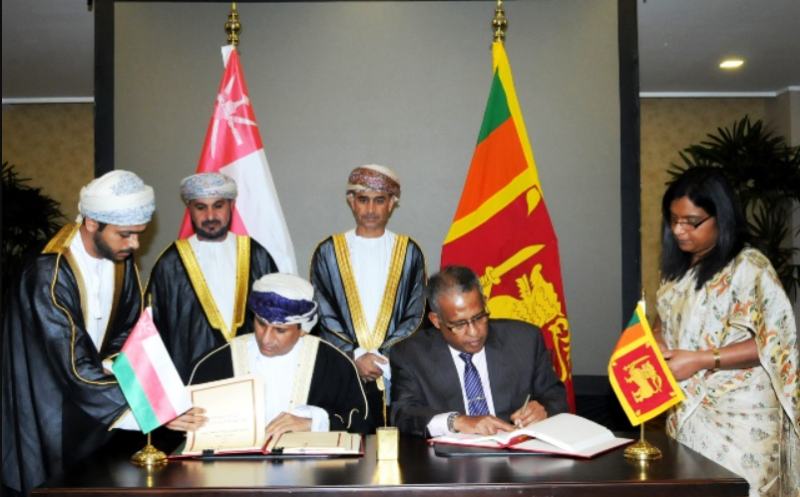
COLOMBO: In order to strengthen bilateral cooperation, Sri Lanka is seeking to sign new agreements with Oman following a recent round of political consultations with the Gulf nation.
The third meeting of the bilateral political consultations between Sri Lanka and Oman, which were first started in 2014 to improve ties between the two nations, was held earlier this week by the foreign ministries of both nations.
The delegation from Sri Lanka led by Additional Secretary for Consular, Middle East, and Africa Affairs U. L. M. Jauhar and the delegation from Oman led by Department of International Cooperation met virtually.
Also Read: After all, how did Leonardo da Vinci get recognition?
Senior officials from both sides and Colombo's ambassador to the Sultanate of Oman, Sabarullah Khan, took part in the talks, which, according to Sri Lanka's foreign ministry, were centred on expanding the current fields of cooperation and signing new bilateral agreements.
At the meeting, there was discussion of a number of new initiatives in the fields of agriculture, tourism, education, fisheries, trade, investment, employment promotion, vocational training, skills development, and culture.
He stated that the two nations had "long-standing bilateral relations and excellent people-to-people contacts," with about 30,000 Sri Lankans residing and working in Oman and contributing to Oman's development "in multiple sectors."
Although Sri Lanka and Oman only established diplomatic ties in 1981, there have long been contacts between their populations.
"The history of relations between Sri Lanka and Oman is extensive, and people-to-people exchanges have long been a strong link between the two countries. They are well positioned for greater cooperation to cover many areas of shared interest because they share the Indian Ocean. Ameer Ajwad, formerly the ambassador of Colombo to Muscat,
According to him, Oman is a "unexplored destination for Sri Lankans" and offers great potential for collaboration. Ajwad continued, "Both countries have many potential areas of overlap that could be combined for mutual gain.
In order to raise awareness of the opportunities available to advance bilateral cooperation in the future, it is crucial that the two nations interact more frequently and closely.